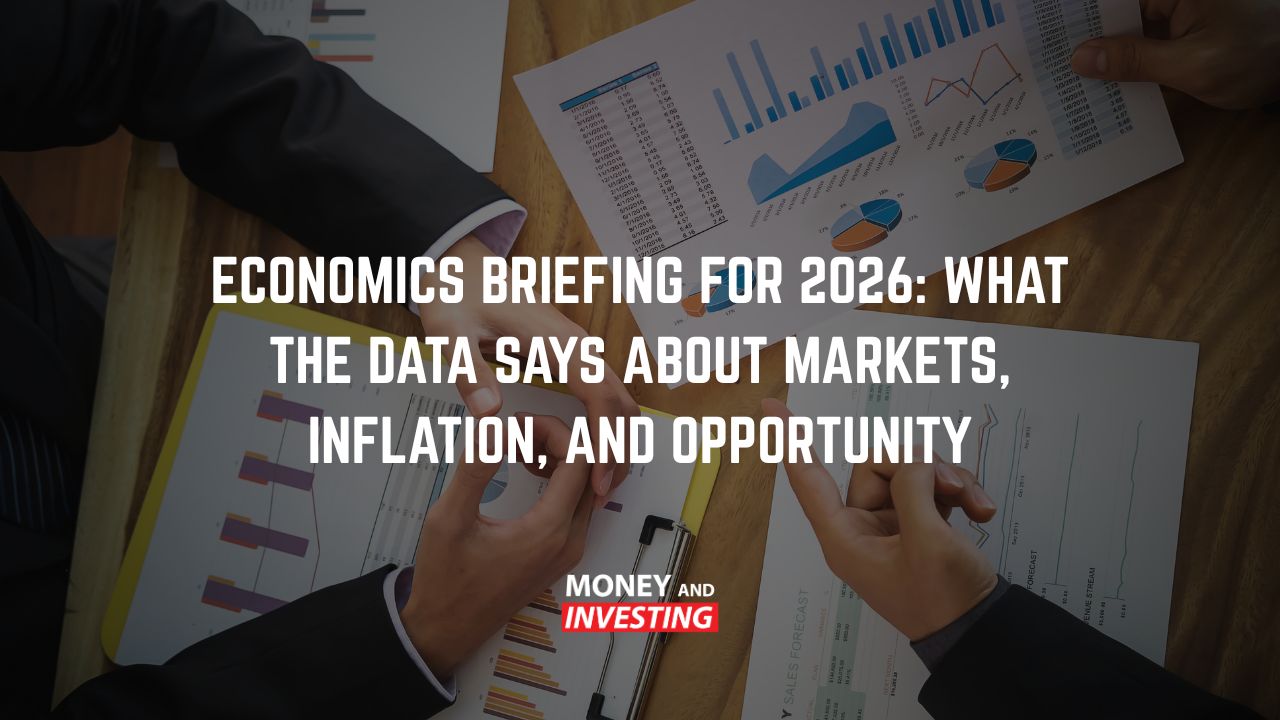The Aussie Election
The Australian federal election looms now that Prime Minister Scott Morrison has announced the date for the 21st of May. For most Aussies election is just another chore, but it can have a very real effect on the economy and the stock markets alike. Listen in to this week’s episode to find out how can capitalise on the market impacts of an election:
The Budget
The federal budget was released recently with opinions split, as always. We call a budget like this an aussie election budget, one in which money is spent on interested parties where money is often spent when politicians are looking for votes. As Host Andrew Baxter points out, we see this large spending bill for the taxpayer came on the back of a strong economy – low unemployment and interest rates along with decent growth overall. Unfortunately, this strength can not last forever. As commodity prices have increased and we have seen the cost of filling up the car surge, the reality hits that despite Phillip Lowe’s insistence that we will not see a rate hike until 2024, there will be some tough times to come.
The incoming turbulence makes this aussie election a particularly important one and strong leadership and economic management are needed to guide the country through what could be a hairy period.
Current Candidates – Morrison vs Albanese
Modern politics is heavily polarised, and more recently does not always centre around politicians. As far as voters are concerned you’re either on one end of the spectrum or the other. In one corner we have our current Prime Minister Scott Morrision, infighting with members of his own Liberal Party, and Anthony Albanese for the Labor party who failed to remember the unemployment rate and the cash rate. Unlike what we do here however, politics is not driven by results but as the name would suggest – in the politics. Despite countless gaffs and being on the receiving end of ridicule from Australians, Host Andrew Baxter still believes this election is Morrison’s to lose.
Market Reaction to Labor or Liberal
We often hear that the Labor party is poor in terms of economic management and that the Liberals are more focused on propping up businesses rather than individuals, helping the overall economy. A slowing economy requires a different economic stance and astute management by whoever is elected. With interest rate increases seemingly inevitable down the track, the country will need someone in charge who is able to navigate the tricky space of slowing down the economy without causing too much damage by letting it happen too quickly.
The way our Host Andrew Baxter sees it, the Liberals’ approach will be for spending to be aimed at overall debt reduction as the economy slows down. But what will we see from the Labor party? If they were to act in trend with past Labor governments, their aim will be to provide handouts to lower income groups, only to be spent in the economy and give inflation another, and certainly unneeded boost. Because of this, we might see some instability in the Aussie market if Labor are to come into power in times of market turbulence.
Does Understanding Politics Help Our Trading?
It’s always good to be on top of the news and well-informed of the world around you. That said – is politics necessary to understand to help our trading? A lot of what we hear from politicians is designed to make its way onto news programs in small snippets, but quite often we do not see the realisation of proposed policy changes or election promises once a member is elected. As a trader in markets across the world for decades, Host Andrew Baxter notes that a lot of what you hear in politics is mainly background noise which rarely comes to fruition. News flow has been dominated by Covid for a couple of years and more recently the war in Ukraine. Federal elections essentially boil down to a disruption of what we hear and in this case only about 7 or 8 weeks of campaigning.



